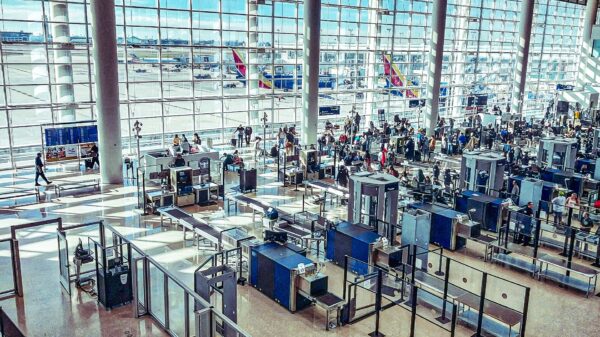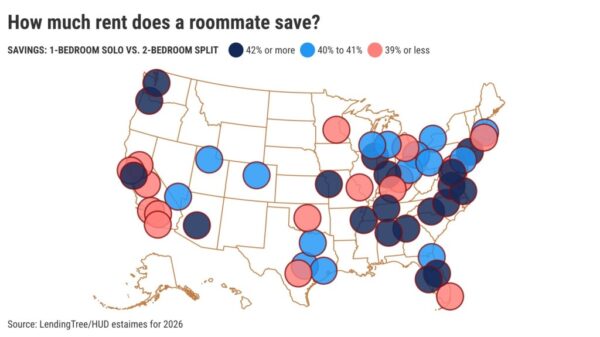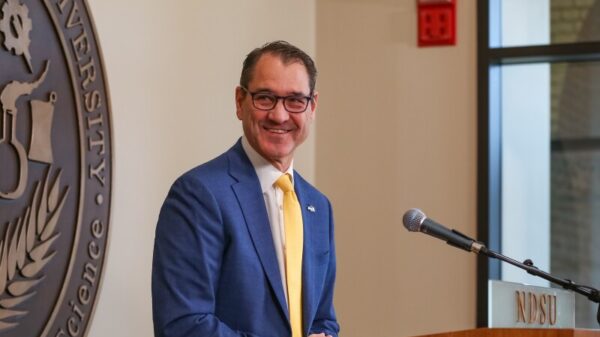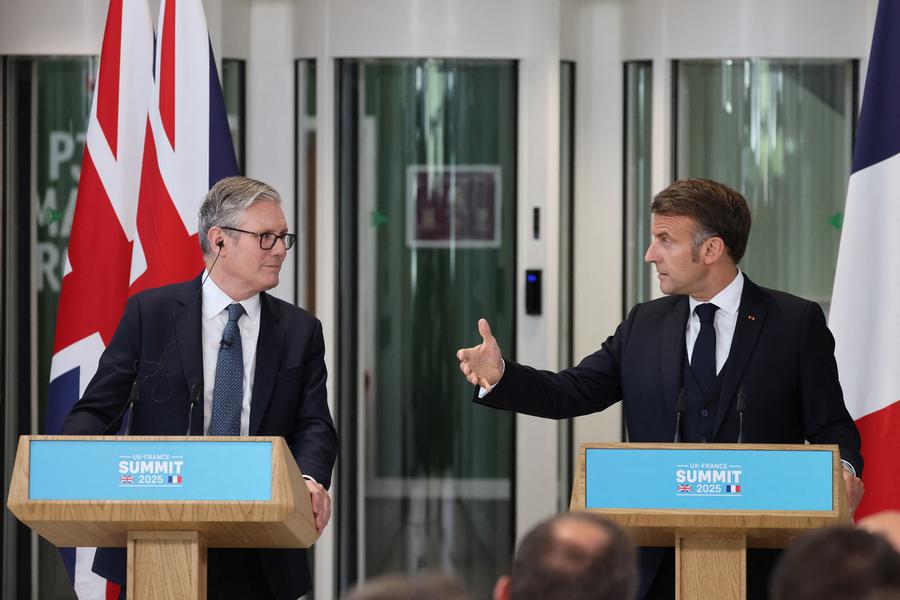Sir Keir Starmer has made it clear that securing an immediate ceasefire in Gaza is more pressing than recognising a Palestinian state. During a joint press conference with French President Emmanuel Macron on October 26, 2023, Starmer emphasized the urgent need for humanitarian aid and the release of hostages, sidestepping the topic of Palestinian statehood.
The press conference, held at the Northwood headquarters in northwest London, was part of Macron’s three-day state visit to the UK. The leaders announced significant initiatives, including a pilot programme to return some migrants arriving in the UK via small boats back to France, enhanced nuclear cooperation, and a commitment to support Ukraine. They also signed a joint declaration reaffirming their commitment to recognizing a Palestinian state as part of a peace process.
While Macron delivered an extensive address, highlighting the Gaza conflict as an “endless war without a strategic goal,” Starmer’s remarks focused predominantly on the immediate humanitarian crisis. He described the situation in Gaza as “utterly intolerable,” stating, “We need a ceasefire. We need aid to go in at volume, at pace, in a way that simply isn’t happening on the ground at the moment.” His comments underscored the Labour Party’s manifesto stance, which regards Palestinian statehood as “the inalienable right of the Palestinian people.”
Amid discussions on international responses to the crisis, Starmer reiterated that world leaders should concentrate on achieving a ceasefire. He argued that this would create the necessary conditions for political dialogue and facilitate humanitarian efforts.
In the context of Starmer’s remarks, David Lammy, the UK Foreign Secretary, hinted at potential sanctions against Israel if a ceasefire is not reached. He stated, “We have to get the ceasefire,” and confirmed that the government would take measures against Israel if the situation worsened.
The UK government has taken steps in the past concerning its relationship with Israel, including suspending some arms sales over allegations of international law violations. In June 2023, the British government sanctioned two Israeli ministers for incitement of violence against Palestinian communities, marking a significant shift in diplomatic relations.
In a recent statement, Hamish Falconer, the Middle East Minister, expressed his disapproval of an Israeli proposal to establish a “humanitarian city” in Rafah, which he deemed unacceptable. “Palestinian territory must not be reduced. Civilians must be able to return to their communities. We need to move towards a ceasefire deal and open a pathway to lasting peace,” Falconer asserted on social media.
As the situation evolves, the UK government faces increasing pressure to take decisive action regarding the ongoing conflict and humanitarian crisis in Gaza. Starmer’s prioritization of a ceasefire reflects a pivotal moment in the UK’s foreign policy, balancing immediate humanitarian concerns with long-term political aspirations for peace in the region.








































































